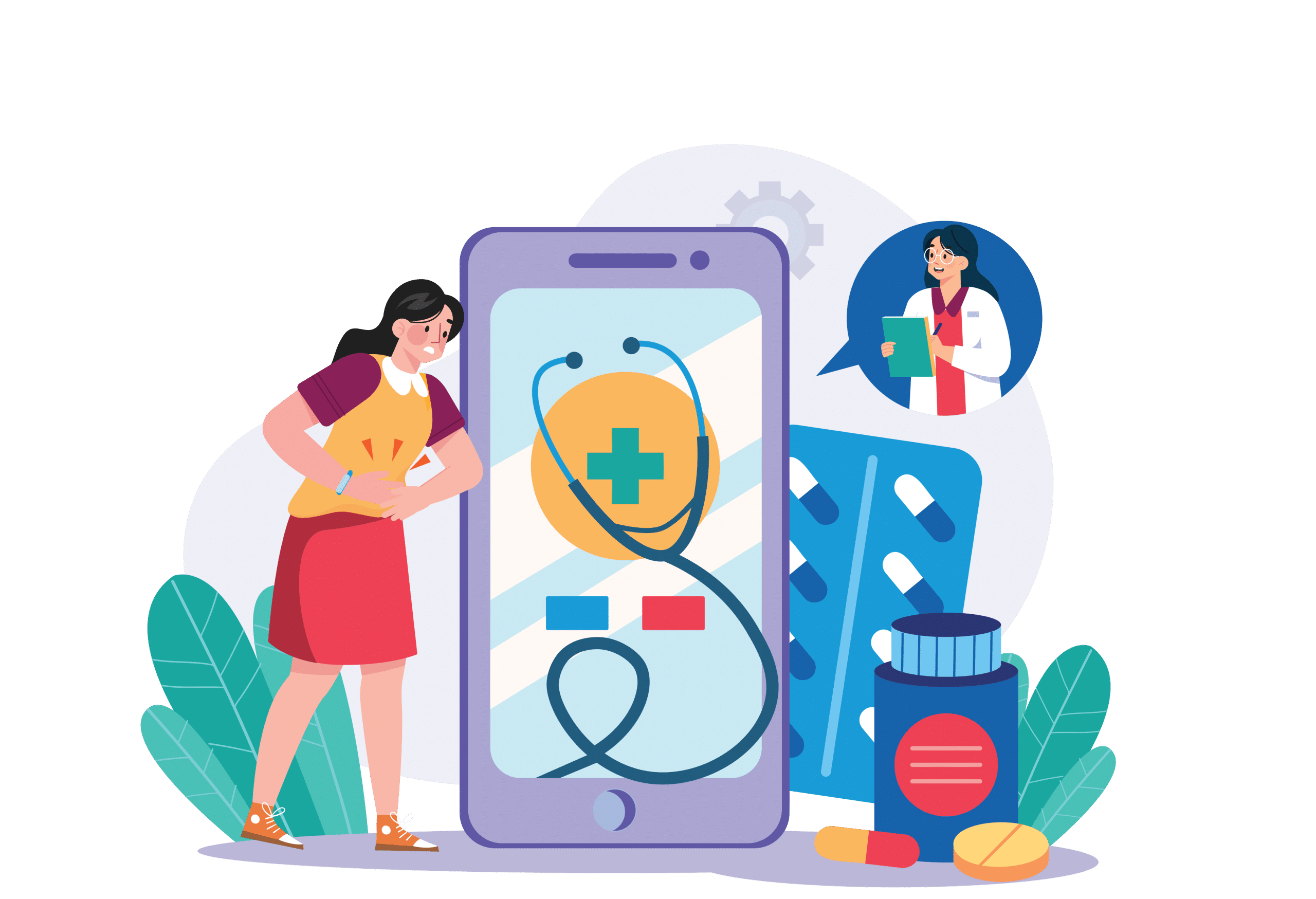Introduction to IoT in Healthcare
The Challenges of Public Health Management
The Rise of Medical IoT (mIoT)
The Medical Internet of Things (mIoT) is gradually emerging, transforming traditional healthcare systems. By leveraging modern technologies, it makes healthcare more effective, convenient, and personalized. mIoT benefits from advancements in information and communication technologies, such as 5G, mobile internet, cloud computing, big data, and artificial intelligence. Additionally, the development of wireless sensor technologies and the use of RFID applications have contributed significantly to this transformation.
Applications of mIoT in Healthcare
mIoT is integrated into healthcare devices, including implants and portable devices. These technologies are used for monitoring and improving patients’ health. As mIoT continues to advance, healthcare costs will decrease, and the quality of medical services will improve.
Benefits of IoT in Healthcare
The increased penetration of IoT in the healthcare sector will help optimize the use of medical personnel. Furthermore, it enables telemedicine in remote or inaccessible areas, ensuring that people have access to medical services, no matter where they are.
[1] Janani R.P., Renuka K., Aruna A., Lakshmi Narayanan K., 2021, IoT in Smart Cities: A Contemporary Survey, Global Transitions Proceedings, vol. 2, nr. 1, August 2021, KeAi,
https://doi.org/10.1016/j.gltp.2021.08.069
[2] Chu K., Turatsinze E., Chang K., Zhou Y., Chang F., Wang M., 2021, A Survey of Common IOT Communication Protocols and IOT Smart-X Applications of 5G Cellular, Advances in Intelligent Information Hiding and Multimedia Signal Processing, p.p. 114–122, Springer Singapore,
Singapore, ISBN: 978-981-33-6420-2, https://doi.org/10.1007/978-981-33-6420-2_15
[3] Liu, Yaqing and Ouyang, Dantong and Liu, Yong and Chen, Rong, 2017, A Novel Approach Based on Time Cluster for Activity Recognition of Daily Living in Smart Homes, Symmetry, Special Issue:Applications of Internet of Things, vol. 10, nr. 211, October 2017, MDPI,
https://doi.org/10.3390/sym9100212
[4] Shuo Tian and Wenbo Yang and Jehane Michael Le Grange and Peng Wang and Wei Huang and Zhewei Ye, 2019, Smart healthcare: making medical care more intelligent, Global Health Journal, vol. 3, nr. 3, September 2019, ScienceDirect, https://doi.org/10.1016/j.glohj.2019.07.001
[5] Bahar Farahani and Farshad Firouzi and Victor Chang and Mustafa Badaroglu and Nicholas Constant and Kunal Mankodiya, 2018, Towards fog-driven IoT eHealth: Promises and challenges of IoT in medicine and healthcare, Future Generation Computer Systems, vol. 78, nr. 2, January 2018, Elsevier, https://doi.org/10.1016/j.future.2017.04.036
[6] Farshad Firouzi and Amir M. Rahmani and K. Mankodiya and M. Badaroglu and G.V. Merrett
and P. Wong and Bahar Farahani, 2018, Internet-of-Things and big data for smarter healthcare: From device to architecture, applications and analytics, Future Generation Computer Systems, vol. 78, nr. 2, January 2018, Elsevier, https://doi.org/10.1016/j.future.2017.09.016


